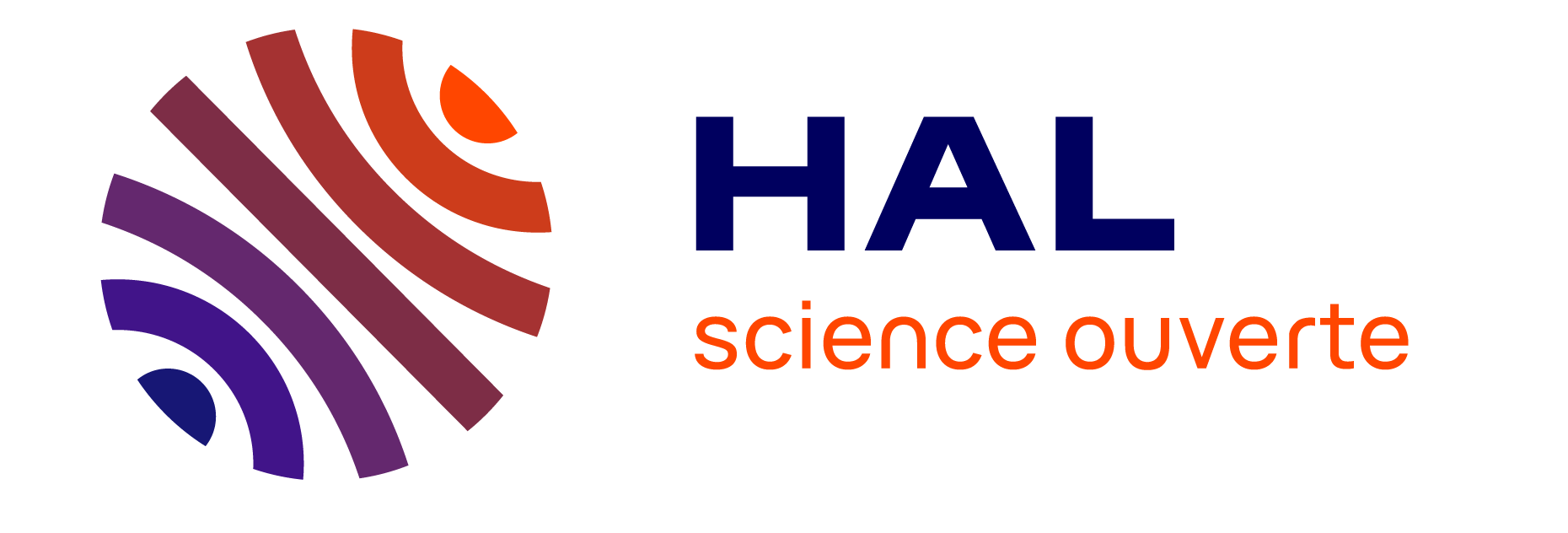Decontamination of the scientific literature with the Problematic Paper Screener: Flagging suspect/erroneous/fraudulent papers to crowdsource post-publication reassessments
Résumé
Imagine reading Fast Fourier Change, Innocent Bayes, and nucleic corrosive* in a scientific paper published in an established journal with Impact Factor from a haute couture publisher such as Elsevier, Wiley, Springer... Well, we identified more than 11k such problematic papers featuring ‘tortured phrases’ produced by paraphrasing tools to deceive plagiarism detection. In 2021, this issue affected 3 every 10k papers. Scammers produce such unreliable papers in bulk to appear hyper productive; they organise citation rings to increase their H-index.This talk presents how sleuths strive to decontaminate the literature from this digital pollution. A handful of professional scientists and hobbyists re-assess the suspect papers flagged by the ‘Problematic Paper Screener,’ contribute pro bono post-publication peer reviews on PubPeer, and eventually manage to get publishers retract hundreds of papers, mostly in engineering and biomedicine.*instead of Fast Fourier Transform, Naive Bayes, and nucleic acid.
Domaines
Bibliothèque électronique [cs.DL]
Fichier principal
 20231006_C_Illinois.pdf (8.06 Mo)
Télécharger le fichier
20231006_C_Illinois.mp4 (135.34 Mo)
Télécharger le fichier
20231006_C_Illinois.pdf (8.06 Mo)
Télécharger le fichier
20231006_C_Illinois.mp4 (135.34 Mo)
Télécharger le fichier


